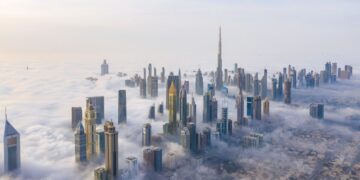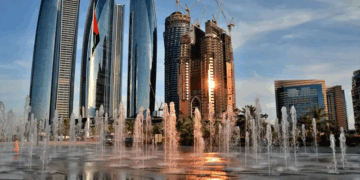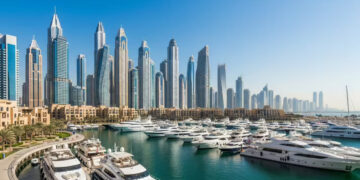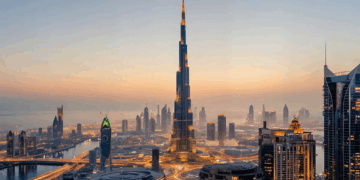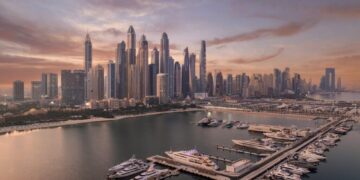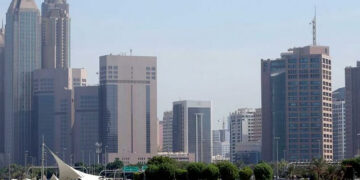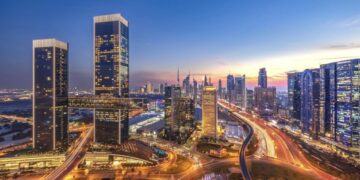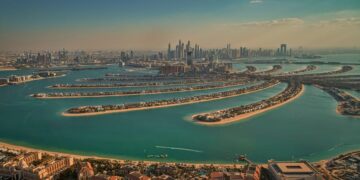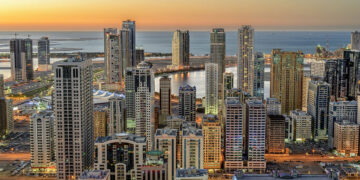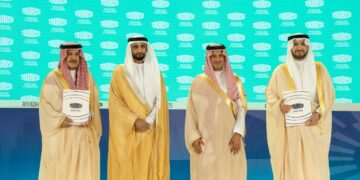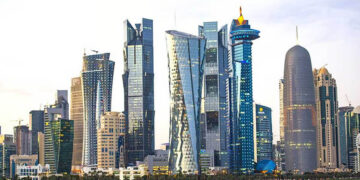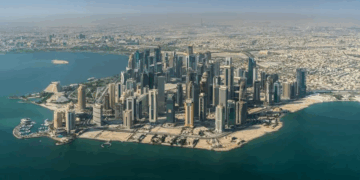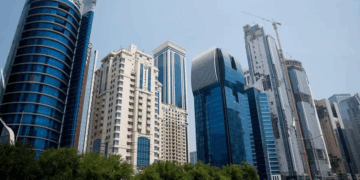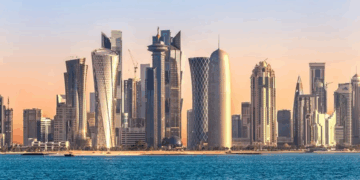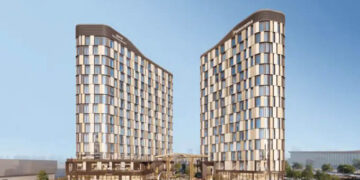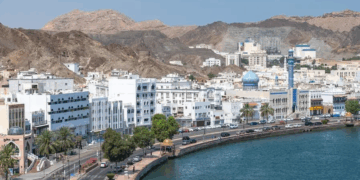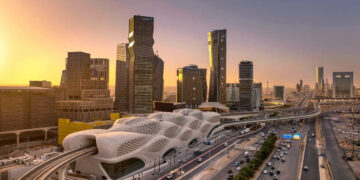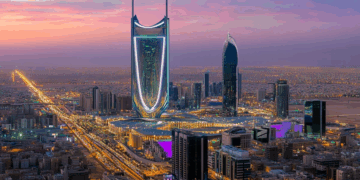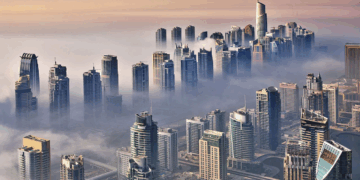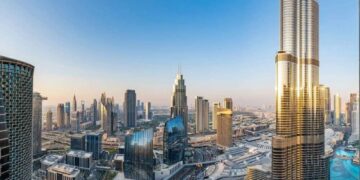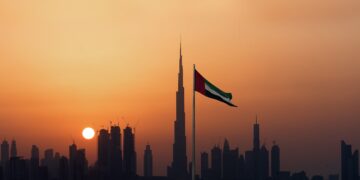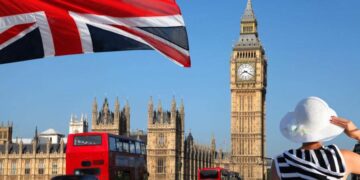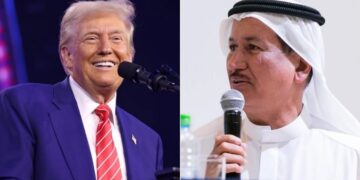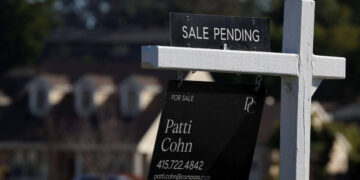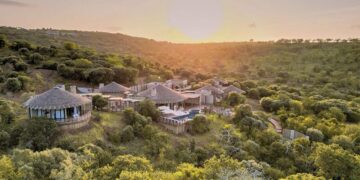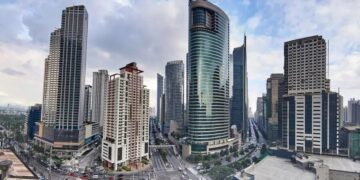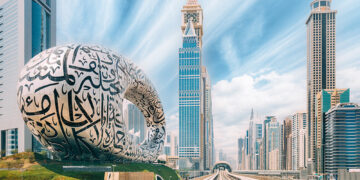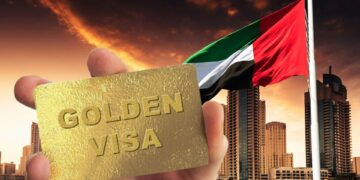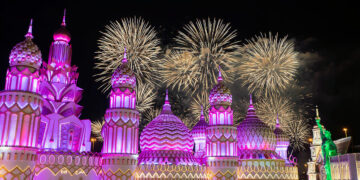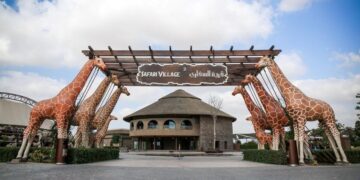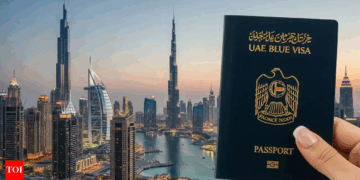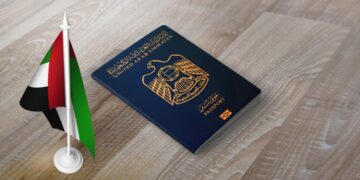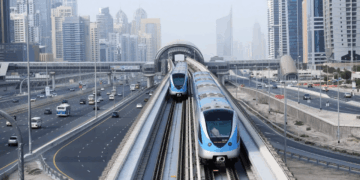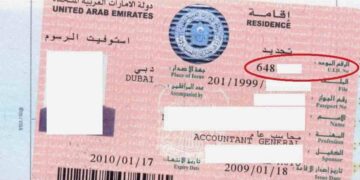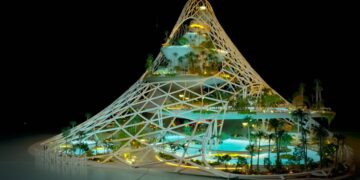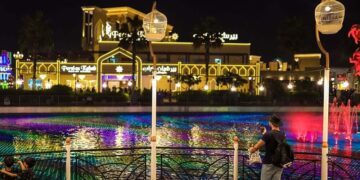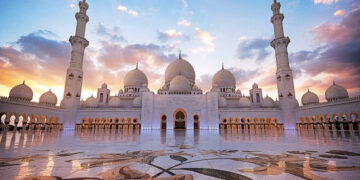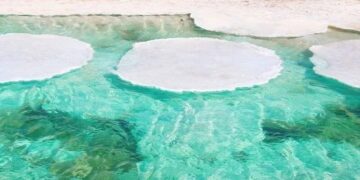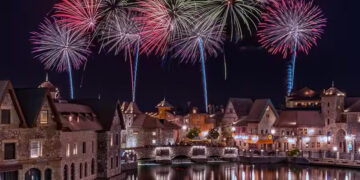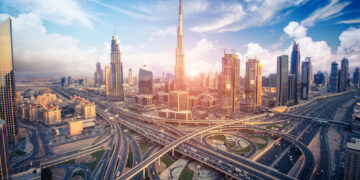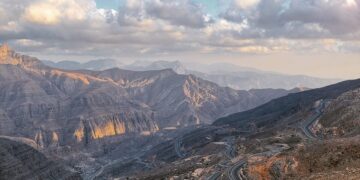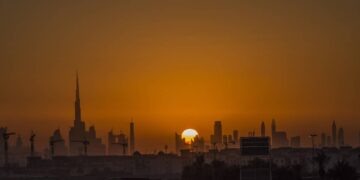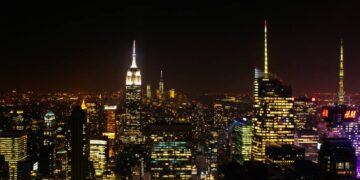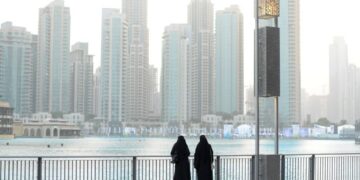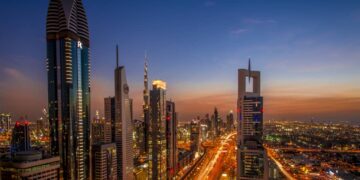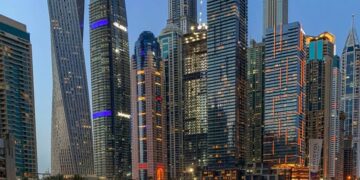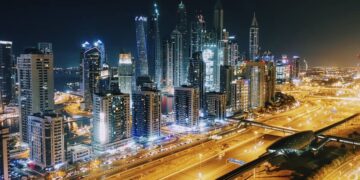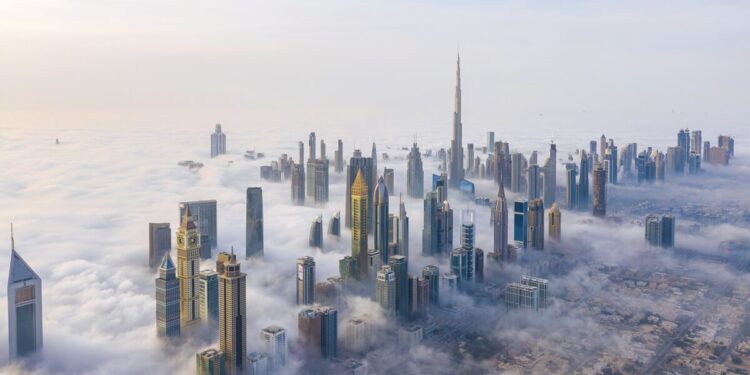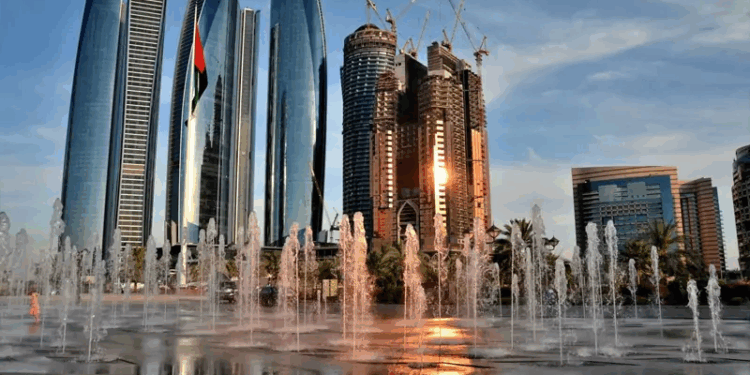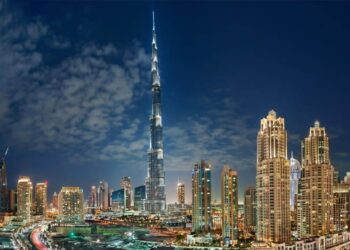Dubai: With rising competition from other Gulf governments, the UAE’s Dh2 million (or more) property-linked Golden Visa investment program remains the best.
This is significant because, following the events of last week, when Trump tariffs shook and stirred markets, a new batch of global investors may be seeking for a safe and stable outlet for their capital.
Any asset with the least volatility and a better probability of surviving market cycles is exactly what investors seek. Especially after the last week.
“Also, unlike in 2008, the Dubai property market is seeing none of the heavy speculation – it’s serious buyers making serious investments now,” said the CEO at a leading developer. “The Golden Visa property investment program fits right into what new investors – and even many residents – want. This is why the UAE Golden Visa will remain the most coveted whatever be the competition.
“Depending on the location and property, it’s the best minimum Dh2 million investment buyers can make anywhere.”
Price consistency
The best part is that new investors enter a market in which property values have stabilized. The double-digit rises in off-plan costs from 2022 to early 2024 are no longer present. In fact, some places have even experienced a modest price reduction, making it easier for investors.
If it’s ready, buy
According to industry sources, new purchasers are the best boost for Dubai’s ready homes. More homes will be delivered soon, with a particular focus on those priced at or above Dh2 million. Because that is the need to be eligible for a UAE Golden Visa, and recent laws allow buyers to obtain the 10-year residency without paying the necessary Dh1 million on a Dh2 million property purchase.
“We are seeing a large number of interested Golden Visa applicants opting for property purchases exceeding Dh2 million to secure longer-term UAE residency,” said Libbie Burtinshaw, Head of Operations at the consultancy Sovereign PPG.
“Although location-dependent, outside of studio and one-bedroom apartments, the average home in a suburban (Dubai) community will typically surpass the Dh2 million threshold, making obtaining a Golden Visa alongside a property purchase a viable option for foreign investors.
“For a property investment (backed) Golden Visa, we are seeing it take on average between 7-10 working days to obtain.”
GCC investment programs and visas
Some of the other GCC governments are implementing their own long-term residency programs, with Saudi Arabia making a concerted effort to open up its residential property market to foreign investors. The minimum investment is SR 4 million.
“Over a 5–7 year horizon, they expect property prices in Riyadh and Jeddah to double, and the overall Saudi property market volumes to grow 4–5 times,” said Vasily Fetisov, Managing Partner at the consultancy Housebook. “A key driver of this growth would be a rise in the share of foreign buyers — from just a few percentage points today to at least 50% within that timeframe.
“For now, the SAR 4 million threshold for obtaining a Golden Visa (ikama) remains high, even for many HNWIs, since Saudi Arabia is often viewed as one element of a diversified global real estate portfolio, rather than a core investment destination.”
Hike property taxes
Other elements will benefit GCC GV programs. Some established investment locations in the West have raised or intend to raise property taxes. Spain, for one, has discontinued its Golden Visa scheme. And there is always the possibility that some of these economies will levy a tax on the ultra-rich.
“In terms of enquiry numbers and visa processing, the UAE currently far outperforms other regions as it not only has a larger residency program offering, but has also generally become a very sought-after destination to live and work,” said Libbie.
In many ways, the UAE’s property-backed Golden Visa program has more miles to travel.
Other GCC markets are tweaking their Golden Visa offers
Nearly all the GCC countries offer some sort of Golden Visa options or long-term residency programs. “Most have higher investment requirements and more stringent eligibility criteria, making it less attainable and less enticing than the options currently offered by the UAE,” said Libbie Burtinshaw of Sovereign PPG.
“We are actively seeing other GCC countries adjusting and improving their residency offerings to be able to compete and attract foreign investment after the success of the UAE’s programs.”
More private developers eye entry into Saudi Arabia
In Saudi Arabia, projects are growing increasingly ambitious, whether from the government or the commercial sector (such as the Trump Tower). There are more developers who want to join in.
“We are currently working with three Russian developers who are actively exploring the Saudi Arabian market for residential and commercial projects, including hotels and co-living concepts,” said Vasily Fetisov, Managing Partner of Housebook.
“Two of these developers are already running projects in the UAE and have experience of expanding to international markets — from legal frameworks and fund transfers to land acquisition and construction in GCC countries. The third developer operates in CIS markets (Uzbekistan, Azerbaijan) and has a focused interest in entering the Saudi market.”
